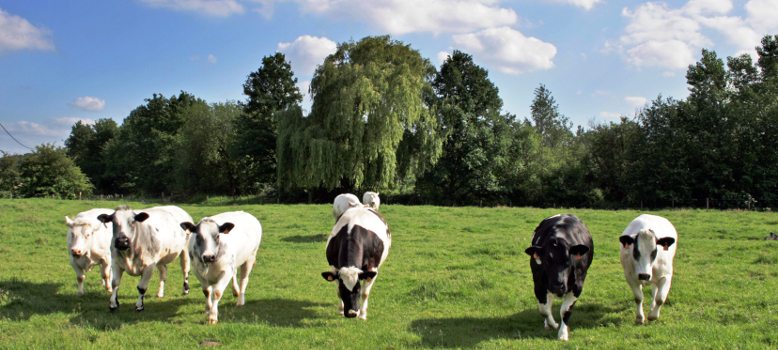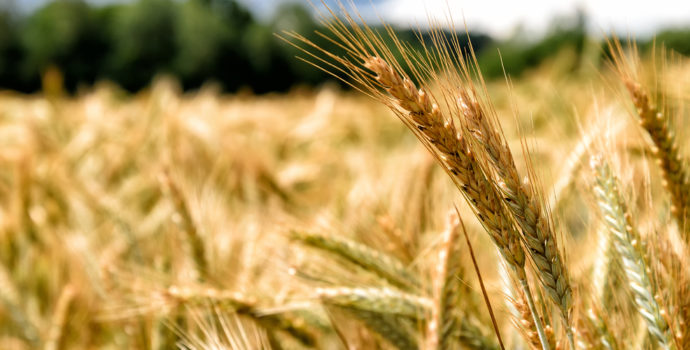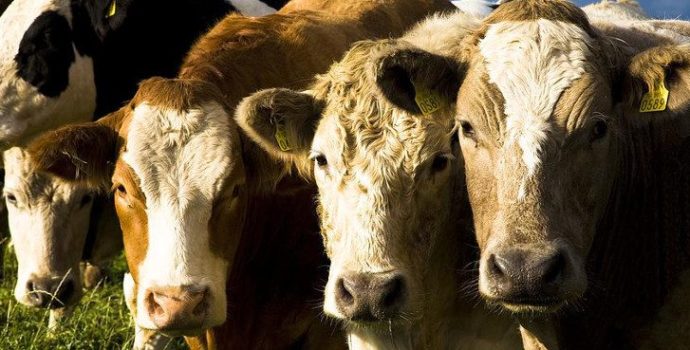Package of Support Measures for Russian Ban Hit Eu Dairy Sector Must Be Financed from Non-cap Funds – O’leary

IFA National Dairy Committee Sean O’Leary today (Tuesday) said the EU authorities had a responsibility to support the EU agrisector in general, and the dairy sector in particular, in the face of the serious impact of the Russian import ban. He said the ban was a consequence of international geopolitical decisions made by the EU, and dairy farmers and processors should not be expected to pick up the cost. Mr O’Leary said Minister for Agriculture Simon Coveney and the Department of Agriculture officials attending EU emergency dairy meetings scheduled for the next week must look for a package of urgent measures to be financed from outside the CAP.
“While Ireland exports very little dairy products to Russia, a third of all EU dairy exports go there. The knock on effect of the import ban is starting to make itself felt on global markets, and it is affecting sentiment and prices alike both within and outside the EU,” Mr O’Leary said.
“Within the next week, the EU Commission has convened a Livestock Management Committee meeting and a meeting of the dairy “Civil Dialogue Group” specifically to decide on their response to the impact of the ban on the dairy and meat sectors,” he said.
“Minister Coveney must instruct his officials to use those meetings to deliver a package of measures to help dispose of unsold EU stock and minimise any price impact. These measures must be substantially financed from non-CAP funds, and must include the following:
• Bring in immediately intervention measures such as APS for butter and cheese,
• Help exporters identify and pursue alternative export destinations, and streamline/speed up export related administration,
• Eliminate butterfat correction in the calculation of superlevy,
• Utilise all 13/14 and 14/15 superlevy funds to support the dairy sector,
• Examine the potential impact of increasing intervention prices and reintroducing export refunds for the short term,” he said.
“IFA has already secured support for these measures from our Dutch, German and Danish counterparts. We will partake actively in some of the EU meetings taking place this and next week, and expect to secure support from most of our other colleagues,” he concluded.




